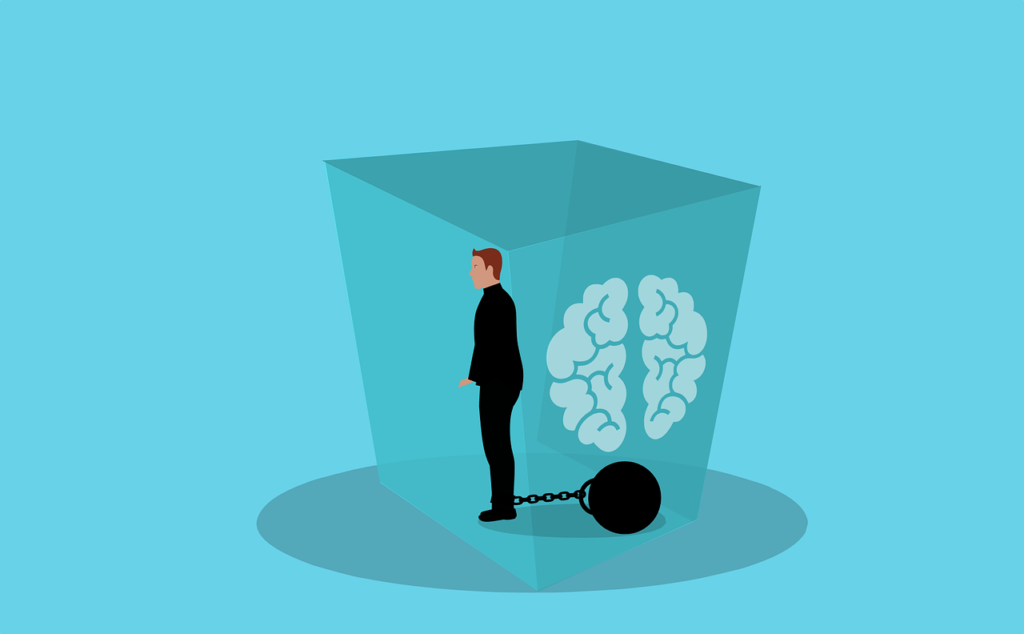Beyond the Physical: Why We Need Mental Health First Aid
Beyond the Physical: Why We Need Mental Health First Aid https://northstrategic.com/wp-content/uploads/brain-gdeda7eace_1280-1024x634.png 1024 634 Jonathan Forani https://secure.gravatar.com/avatar/0224c5ae9357da0ca0dcbe96be87c430?s=96&d=mm&r=gBy Hollie Shaw, Director of Editorial and Media Strategy
—

This week marked the 12th annual Bell Let’s Talk day, a made-in-Canada fundraising campaign to raise awareness about mental illness and help put an end to stigma.
I remember when it began, Bell Let’s Talk was hailed for tackling a subject rarely discussed publicly or in the workplace, despite the widespread prevalence of mental illness. Now, two years into a pandemic that has altered all of our lives, conversations about mental health are happening in households and boardrooms across Canada amid increasingly alarming news headlines.
North Strategic and its sister company, MSLGROUP Canada, members of the Publicis Groupe of companies, have put a number of supports in place to help employees cope with feelings of stress, isolation and burnout exacerbated by the pandemic. One of them was our first mental health first aid course – something I’d never heard of until I signed up.
The ‘why’ of mental health first aid is obvious. For decades, workers in schools, governments and businesses across Canada have volunteered for training in the basics of CPR to be able to give lifesaving help to someone experiencing a physical health emergency. It only makes sense to educate people about what steps to take when someone in their orbit – a colleague, neighbour or friend – has a mental health one.
But a mental health crisis is rarely as obvious as a physical ailment like a broken leg. That’s where training comes in.
For six hours of the nine-hour mental health first aid course, we went through educational sessions with a facilitator, engaged in brainstorms and workshopped scenarios. We also talked about what mental health ‘self-care’ means to all of us. For some it means taking a dedicated daily break to walk outside, read a book or listen to music. Others look to meditation, yoga, breathing exercises or reach out to a friend. Regardless of how people get there, these self-care practices are vital to mental health, particularly after two years of pandemic stress, illness and isolation.
A cornerstone of the training took us through the steps of the ALGEES formula, a tool to help identify and support people in potential crisis:
A – Approach, assess and assist
L – Listen and communicate non-judgmentally
G – Give reassurance and information
E – Encourage appropriate professional help
E – Encourage other support strategies
S – Self-care for the first aider
The course was illuminating, and at times, challenging. Mental illness is not an easy subject. But I was heartened by the empathy and vulnerability of everyone involved in what proved to be a rewarding, invaluable experience.
As of 2020, more than 500,000 Canadians have been trained in mental health first aid, according to the Mental Health Commission of Canada, which has offered the course in all provinces and territories since 2010. You can find out more about the course at the commission’s website.
Mental health support must also go beyond crises. At North, we have access to a range of mental health resources: a 24/7, confidential support program; access to free mental well-being courses and programs; free memberships to Headspace, the mindfulness app; and an enhanced group benefits package with greater coverage for mental health services.
Like Bell Let’s Talk day and similar efforts at North Strategic and Publicis, I hope the course will help everyone who participated provide support at the right time to people who need it. We’re all in this together. And most of us will need support, at one time or another.
